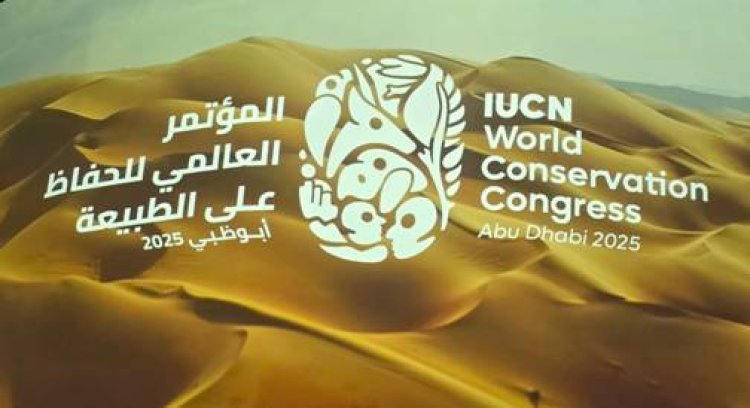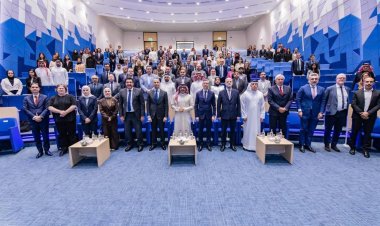Landmark Achievements at Abu Dhabi’s World Conservation Congress 2025

Abu Dhabi has once again established itself as a global leader in sustainability and environmental stewardship by hosting the IUCN World Conservation Congress 2025, one of the world’s most significant gatherings dedicated to biodiversity and nature protection. The event brought together more than 1,400 IUCN member organizations from over 160 countries, uniting policymakers, scientists, innovators, and conservationists under one roof to shape the future of the planet’s ecological balance.
Held from October 9 to 15, the Congress marked a week of groundbreaking discussions, global commitments, and scientific breakthroughs aimed at tackling the twin crises of climate change and biodiversity loss. The outcomes of this prestigious event are expected to influence key international frameworks such as the Global Biodiversity Framework, the Paris Climate Agreement, and the United Nations Sustainable Development Goals (SDGs).
Several critical motions were debated and advanced during the sessions. Motion 087 focused on establishing a policy framework for synthetic biology, ensuring innovation in species restoration remains balanced with biosafety and ecological preservation. Motion 108 called for stronger global regulations on the wildlife pet trade, aiming to combat illegal trafficking and overexploitation. Meanwhile, Motion 42 emphasized the urgent need to address the climate and biodiversity crises by reducing fossil fuel dependence and ensuring a fair and sustainable energy transition.
The Congress also saw the release of updated data from the IUCN Red List of Threatened Species, providing new insights into global conservation trends. A new European Red List was unveiled, highlighting the status of pollinators and their essential role in maintaining healthy ecosystems and global food security.
As the proud host nation, the UAE showcased its remarkable progress in environmental conservation. The country has expanded its network of protected areas to cover over 15% of its land and 12% of its marine zones. It has also undertaken ambitious mangrove restoration projects, including the planting of 50 million saplings, supported by cutting-edge AI, drone, and satellite technologies that monitor coastal ecosystems and enhance restoration efficiency.
One of the standout success stories came from the UAE’s species reintroduction programs, which have restored populations of the Arabian oryx and helped revive the scimitar-horned oryx in Chad—from being listed as “Extinct in the Wild” to “Endangered” on the IUCN Red List. These efforts exemplify the UAE’s dedication to safeguarding wildlife not just regionally but globally.
The event also celebrated new biodiversity discoveries, with scientists in Abu Dhabi identifying 25 new invertebrate species and two new fish species, enriching the Gulf’s marine biodiversity records. In Fujairah, researchers presented new findings from Wadi Wurayah, where seven owl species, including the rare Omani owl, were documented, reflecting the region’s thriving ecological diversity.
Adding to the innovation-driven momentum, the UAE unveiled the Coral Gardens initiative, an ambitious project employing artificial reef structures to support marine life and restore coral ecosystems. These initiatives reflect the nation’s vision of merging technology, conservation, and community engagement to achieve long-term sustainability.
The Abu Dhabi World Conservation Congress 2025 concluded with a strong message of hope and collaboration that protecting nature requires collective global effort, policy innovation, and shared responsibility. Through its leadership and groundbreaking initiatives, Abu Dhabi continues to prove that economic development and environmental protection can progress together, setting a global benchmark for sustainable action and a future rooted in harmony with nature.























